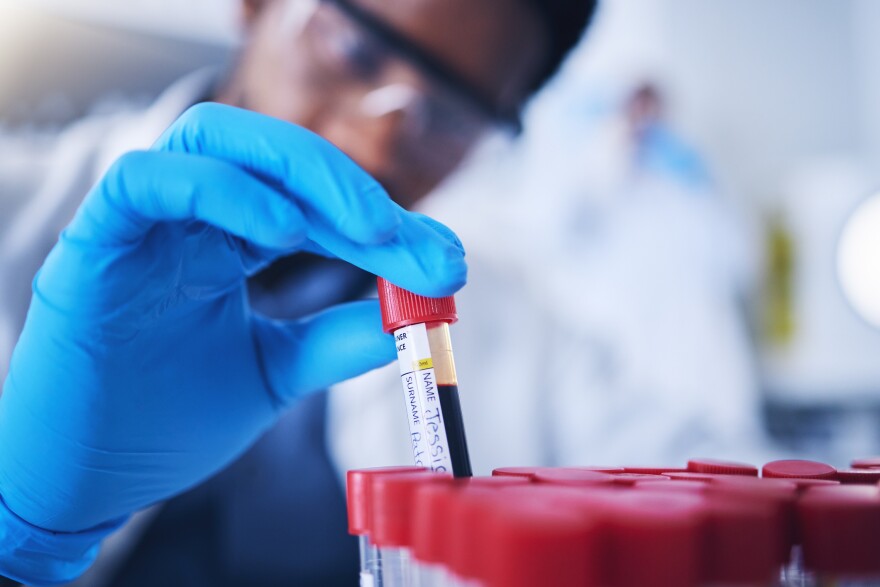Researchers at the University of Vermont have identified new blood tests that could help predict a person's risk for dementia.
The blood tests measure tiny amounts of proteins that have leaked from damaged brain cells. These so-called "biomarkers" can show up years before people notice any memory problems, said Dr. Mary Cushman, co-director of the Vermont Center for Cardiovascular and Brain Health at UVM and senior author of the study.
“I'm really excited about this research because it paves the foundation for us to have a better understanding of how to help people, ultimately to take charge and be an active participant in improving their health."
If people know they're at risk for dementia sooner, Cushman said they can take proactive steps to keep their brains healthy, like staying active, drinking less alcohol and lowering their blood pressure.
“If your blood pressure is above 140 systolic, the top number, talk to your care provider about getting it in control," Cushman advised. "It's very easy to do with medications that are simple and side effect free, and it can help you prevent dementia.”
Research is still underway on the blood tests, so they aren't available for patient use yet.
Earlier this year, the FDA approved a different blood test to help detect Alzheimer's disease, a move that's expected to change the way doctors diagnose and treat the disease. But that test is only available for older adults who already have memory problems or other Alzheimer's symptoms.
With dementia rates rising, Cushman said developing a fast and reliable test to predict risk will become more important.
UVM's findings were published in Neurology, the journal of the American Academy of Neurology.





